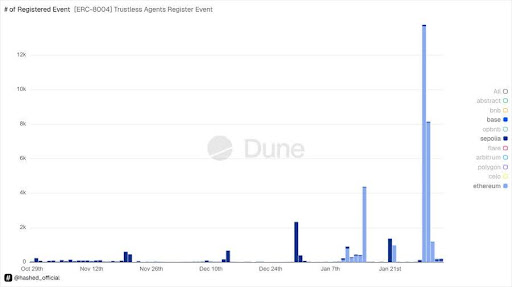Veteran Trader Peter Brandt Issues Scam Proprietary Trading Platform Warning


According to Peter Brandt, legitimate proprietary trading firms neither charge fees on traders nor impose “restrictions on trading style or markets.” The veteran trader branded as scams any prop firm that fails to adhere to the operating conditions that he outlined.
Legitimate Prop Firms
Veteran trader Peter Brandt has warned fellow traders to be on the lookout for scammers who project themselves as bona fide proprietary trading platforms. In a warning shared via X, Brandt listed some attributes of what he sees as “legitimate ‘we-fund-you’ prop firms.”
Here is how legitimate "we-fund-you" prop firms operate
-No fees charged to traders – EVER
-Actual real $ funding
-Set drawdown from initial funding level
-No restrictions on trading style or markets
Anything different than this is a scam IMO— Peter Brandt (@PeterLBrandt) December 29, 2023
Proprietary trading refers to a scenario wherein a financial institution uses its capital, rather than client funds, to conduct financial transactions, according to an Investopedia definition. Financial institutions sometimes use proprietary trading platforms when they wish to directly invest their funds. Legitimate prop firms allow investing parties to maximize their profits by keeping 100% of earnings generated via proprietary trades.
Brandt advised prospective traders to first determine if a prop trading platform is legitimate before deciding to use it. For the veteran trader, a legitimate prop firm should not charge fees to traders “ever” and should have actual real dollar funding. Furthermore, the firm must have a “set drawdown from initial funding level” and “no restrictions on trading style or markets.” Brandt concluded that “anything different than this is a scam IMO [in my opinion].”
However, not all of Brandt’s more than 700,000 followers on X were pleased with the veteran trader’s branding of anything that falls short of his standards as a scam. For example, one X user named Trader Nomad chastised Brandt’s no-fees claim.
“Peter I never heard of a prop that does not take a fee even the traditional one so… Please research before publishing it,” the user said.
We might not agree with the business model, but if the prop firm is giving payouts to successful traders then i dont see what the problem is . if anything we are given a opportunity which was only given to selected individuals just a few years back.
— Ray Trounday (@RayTrounday) December 29, 2023
Another user acknowledged that he does not agree with Brandt’s chosen business model, saying if the supposed scam “is giving payouts to successful traders then I don’t see what the problem is.” Still, others praised Brandt for revealing the distinction between legitimate and illegitimate prop trading firms.
What do you think of Peter Brandt’s comments on what passes as a legitimate prop trading firm? Let us know in the comments section below.



